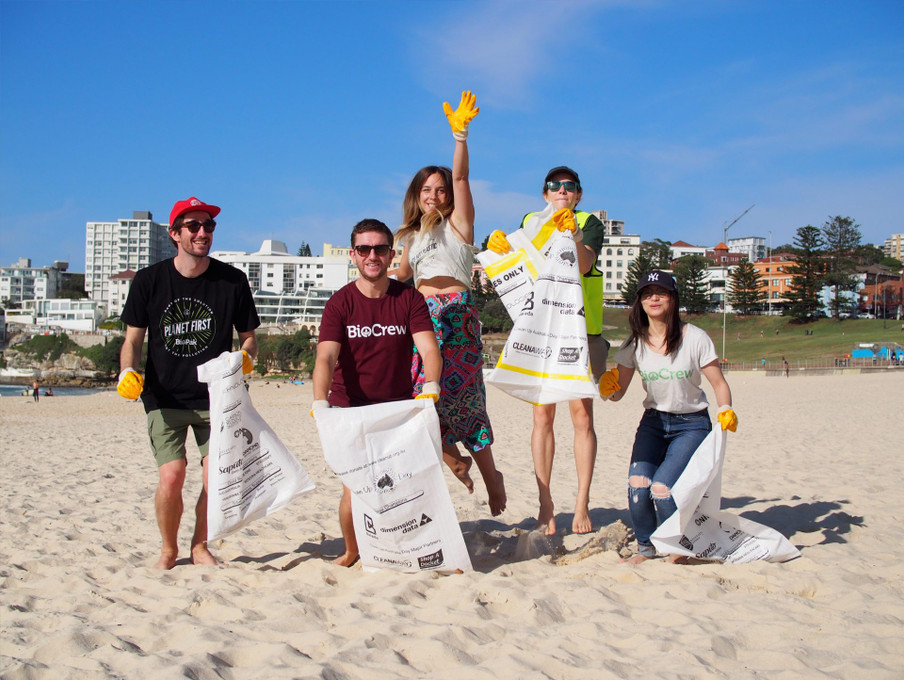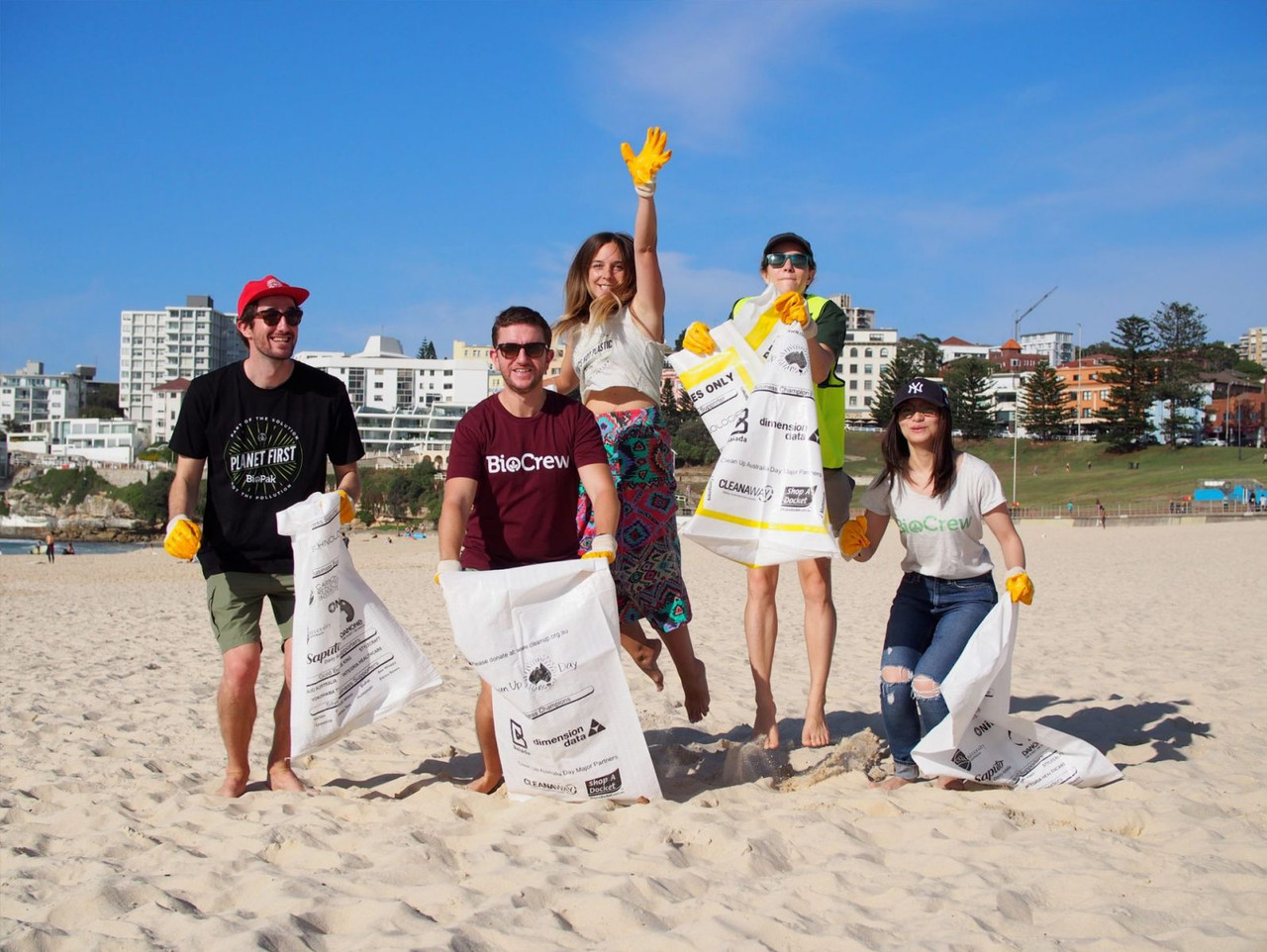
The Truth Behind Clean Ups
20th Dec 2019
Every year, thousands of volunteers head to the beaches to help stem the tide of plastic. In 2019, we are more aware of ocean pollution than ever before. Whether it’s in the news, on our social media feeds, or on the sides of buses, we can’t escape the fact that our oceans are in trouble from a newly acknowledged threat: an estimated 8 million tonnes of plastic waste enter the oceans each year, as well as the 150 million tonnes which already saturate them. Beach clean-ups, community events usually organised by environmental charities, are one way to reduce plastic pollution on our coastlines. But how much of an effect are they really having?

Solving the Crisis
There is no statistic for the amount of plastic collected from beaches around the world each year. Every year, thousands of volunteers head to the beach, determined to do their bit to stem the tide of plastic pollution. There is no statistic for the amount of waste collected from beach cleans around the world each year. But do the maths: if two of the largest beach cleans in the world (the Big Spring Beach Clean, run by Surfers Against Sewerage, and the Great British Beach Clean, run by the Marine Conservation Society) together removed about 80 tonnes of plastic in 2018, even taking into consideration that other countries also enjoy beach cleans, how big a dent is that going to have on the 8 million tonnes mentioned above? The answer: probably not very much. And then there is the problem of what happens to all the rubbish that is collected. Plastic is still plastic, whether it is under the ocean or in a Surfers Against Sewerage collection bag. Charities attempt to recycle what they pick up, but that doesn’t always happen. After a Coke bottle is filled with sand and salt, even the most industrious recycling workers may shake their head. That leaves only a few options (read: landfill). That's not to say beach cleans have no purpose, however. Before you close your computer thinking that everything you’ve been told is a lie, read on to find out why beach cleans might be worth the effort.
Raising Awareness
Beach cleans can be an effective way to raise awareness about the plastic issue. Imagine you’ve been asked along to this community event, having never thought too much about the plastic crisis before. You turn up at the beach with your wellies and your gloves, ready for whatever spiky or slimy items you might encounter, and are confronted with a sheen of plastic over the white sand, spreading as far as the eye can see. And suddenly you realise this isn’t like those irritating litter hunts you were sent on at school. This is serious. And half an hour is not going to see that beach sparkly clean. Beach cleans can be vital for opening our eyes to what ends up in the sea. Everyday items that people might have used only that morning at the coffee shop – like straws, cigarette butts, and takeaway containers – are among the top 10 most common items picked up on the beach. Volunteers often leave with a sense of renewed vigour, committed to spreading the word about changing our use of plastic.
Meet Like-Minded People
Conversations can be inspiring and encouraging for people feeling overwhelmed about the plastic crisis. Sometimes the plastic crisis can seem overwhelming, and participating in a beach clean can be a fun way to meet others who are aware of the issue and actively working to solve it. They might also have tips, if you are struggling to reduce your plastic consumption. Building communities are the best way to feel you are part of something.
The Be All and End All?
Beach cleans are great, but they do not excuse you from reducing your plastic consumption. Beach cleans are fun, rewarding, and eye-opening. So by all means, get along and help out next time your local charity organises one, or better yet, pick up any litter you see whenever you head to the beach for a weekend. But don’t think doing so assuages any real obligation to cut down on plastic use. We are not going to recycle our way out of the plastic crisis, and neither will we beach clean our way out. Put pressure on the producers to take responsibility for their packaging, and opt for more sustainable alternatives to plastic (like BioPak products). And spread the word. Our oceans are suffocating, and beaches are just the convenient tip of the iceberg.
For more information on how to reduce your waste, see this article on our blog. Planet Friendly Packaging wishes you a merry Christmas and happy New Year.
Planet Friendly Packaging acknowledges the traditional custodians of the land on which we work.

